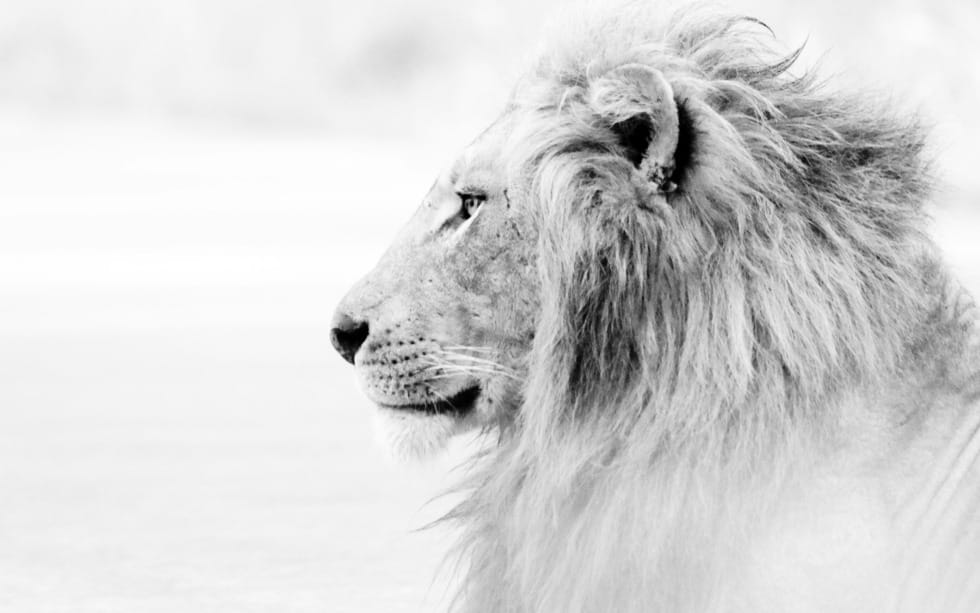What Animals Taught Me About God (Proverbs 30)
Have you ever wondered what animals can teach us about life and faith? Proverbs 30 points to real lessons through the creatures God has made.

Proverbs 30
Today's Scripture Passage
A Few Thoughts to Consider
Do you love animals?
If so, you resonate with the 66% of American homes that have a pet.[1] While it’s easy to either overemphasize our love for animals or want nothing to do with them, scripture offers a different way. On one hand, Genesis 1 tells us humans are rulers over animals, but passages like Proverbs 30 show there is still much we can learn from them. Animals are not image-bearers, but they are creatures made by God.
On the surface, Proverbs 30 feels like it goes in about thirty different directions. Written as “the words of Agur, son of Jakeh,” an unknown individual, it starts on a somewhat depressing note. Verse 2 says, “I am more stupid than any other person, and I lack a human’s ability to understand.” After reflecting on God’s greatness in comparison to humanity, this proverb shifts in verses 5-6 and says, 5 “Every word of God is pure; he is a shield to those who take refuge in him. 6 Don’t add to his words, or he will rebuke you, and you will be proved a liar.”
After some talk about the dangers of slander, lying, and cursing, the proverb shifts in verses 15-31 with five numerical sayings of four items. “The sayings draw together observations on life and nature to illustrate various aspects of wisdom,” Paul Koptak notes. “The point of the comparison is not always easy to discern, and so each numerical saying works like a riddle.”[2]
Verse 15 talks about a leech with two daughters who always want more and more. This, as Duane Garrett writes, “probably was used as a taunt; anyone who gained a reputation as a parasite may have heard this proverb echoing in his or her ears.”[3] Verses 18-19 say, 18 “Three things are too wondrous for me; four I can’t understand: 19 the way of an eagle in the sky, the way of a snake on a rock, the way of a ship at sea, and the way of a man with a young woman.”
Verses 25-28 say, 25 “ants are not a strong people, yet they store up their food in the summer; 26 hyraxes are not a mighty people, yet they make their homes in the cliffs; 27 locusts have no king, yet all of them march in ranks; 28 a lizard can be caught in your hands, yet it lives in kings’ palaces.” Garrett writes, “The lesson of the lizard, which is slightly more difficult to extract, is that one can succeed despite disadvantages. The lizard is relatively defenseless; lacking in significant claws or teeth as it is, even a child can grab it without fear.”[4]
Finally, verses 29-31 state, 29 “Three things are stately in their stride; four are stately in their walk: 30 a lion, which is mightiest among beasts and doesn’t retreat before anything; 31 a strutting rooster; a goat; and a king at the head of his army.” As John Goldingay says, “There is perhaps some irony in comparing the king not only to a lion but to a cock and a he-goat; the king is being gently put in his place.”[5]
While some of these examples are subject to interpretation, the primary point remains the same: As creatures made by God, animals have something to teach us about him. If we miss this, we will miss some of God’s beauty.





